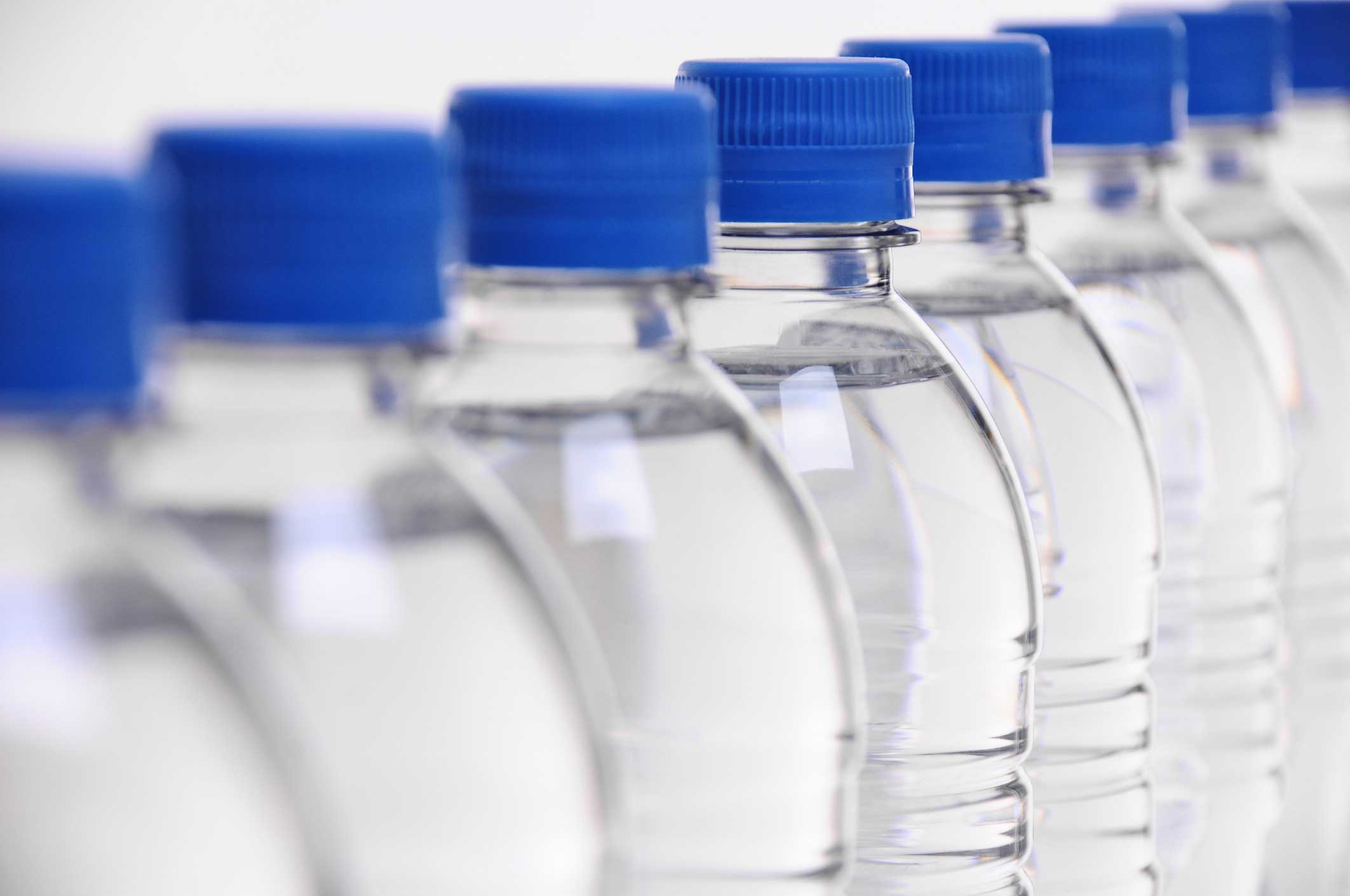As the mercury climbs this summer, your body needs more water and other healthy fluids to function. Summer is especially hard on the kidneys, with the heat creating the perfect conditions for the formation of kidney stones.
“Kidney stone episodes increase by as much as 50 percent in the summer months, a phenomenon thought to be caused by increased rates of dehydration from the heat,” says Dr. David Crawley of Hartford HealthCare’s Tallwood Urology and Kidney Institute. “By taking in at least 2.5 liters of fluids each day, our bodies can decrease the concentration of certain minerals in the urine that might otherwise crystallize into kidney stones.”
The main function of the kidneys is filtering blood, removing waste products and maintaining a balance of fluid and electrolytes. When we do not drink enough fluids, our urine contains a higher concentration of minerals and waste products. Once excessive minerals crystalize, they can clump together to form stones which then try to pass through the urinary system.
Small stones don’t typically pose a problem, Dr. Crawley notes, but larger ones can become lodged in the urine tubes, causing serious pain and even urinary tract infections.
“Everyone will experience kidney stones at some point in their lives,” he says.
To improve your kidney health and reduce the risk of kidney stones, you can:
- Drink 10 or more glasses of fluid each day; water is recommended but unsweetened juice and low-fat milk can help.
- Increase the amount of fluids you drink based on the weather (drink more when it’s hot and humid), your exercise level and other health conditions.
- Monitor the color of your urine, which should be clear or pale yellow; if it is darker, you could be dehydrated.
- Decrease the amount of salt and animal-based proteins (meat, fish and eggs) in your diet.
- Increase the number of fruits and vegetables in your diet. Citrus fruit is especially helpful.
Dr. Crawley will be talking about preventing kidney stones in a free lecture on Tuesday, June 19, at 6:30 p.m., at the Hartford HealthCare System Support Office at 11 Stott Ave., Norwich.

